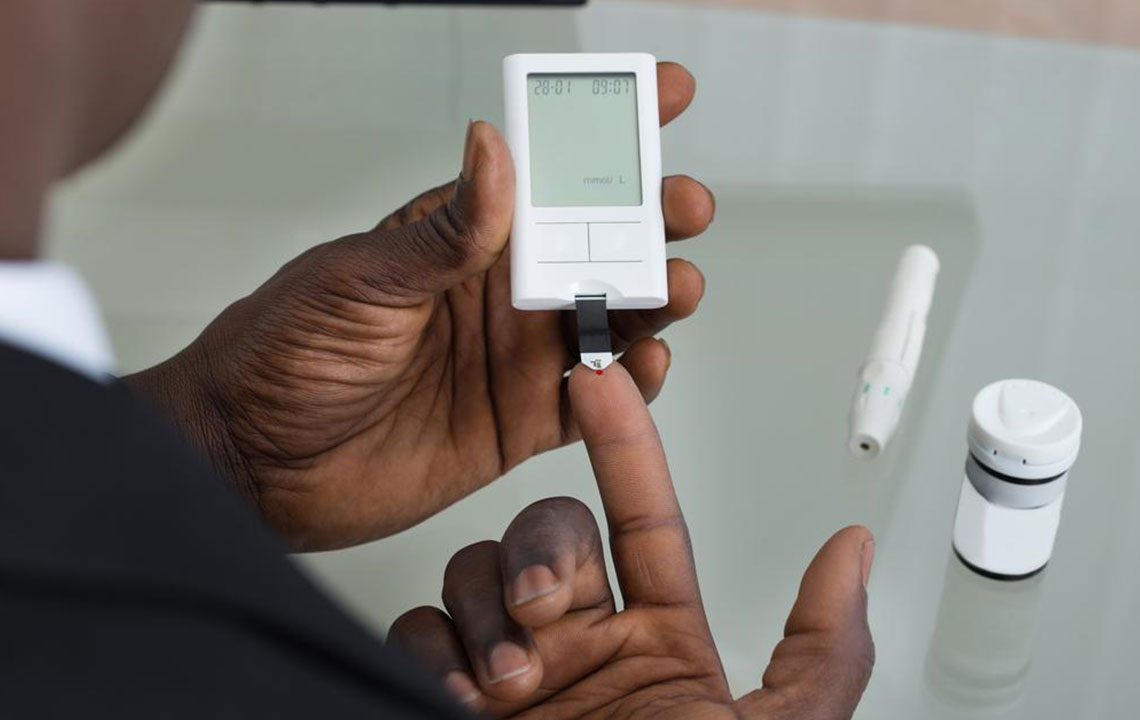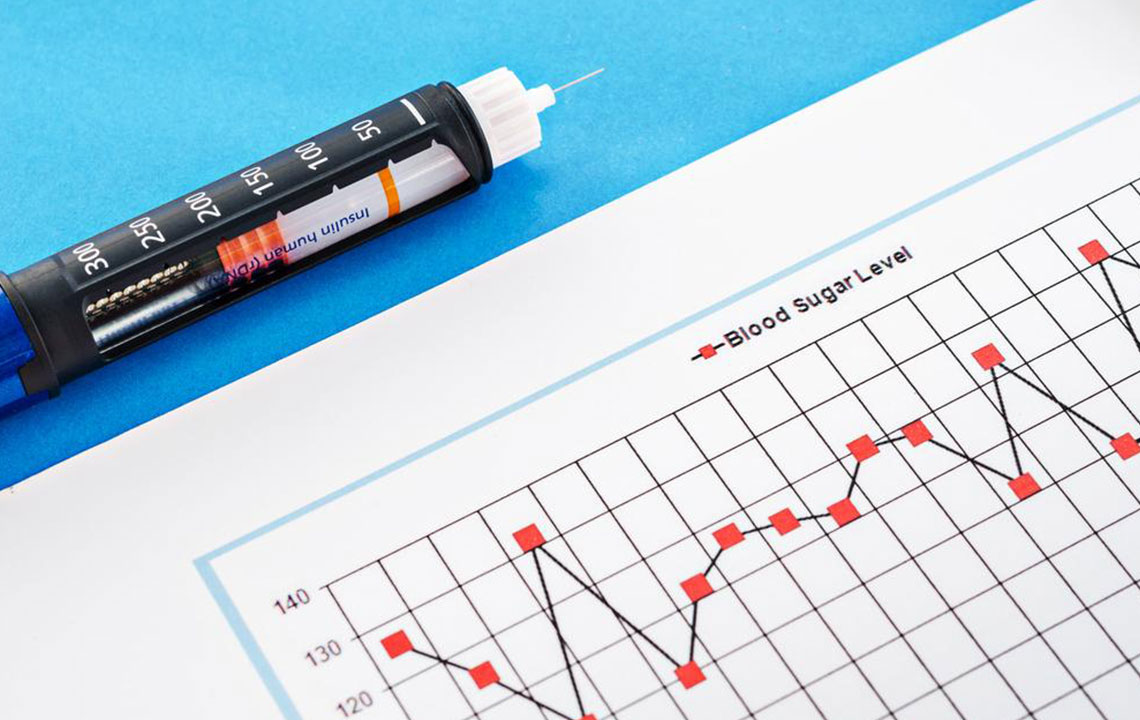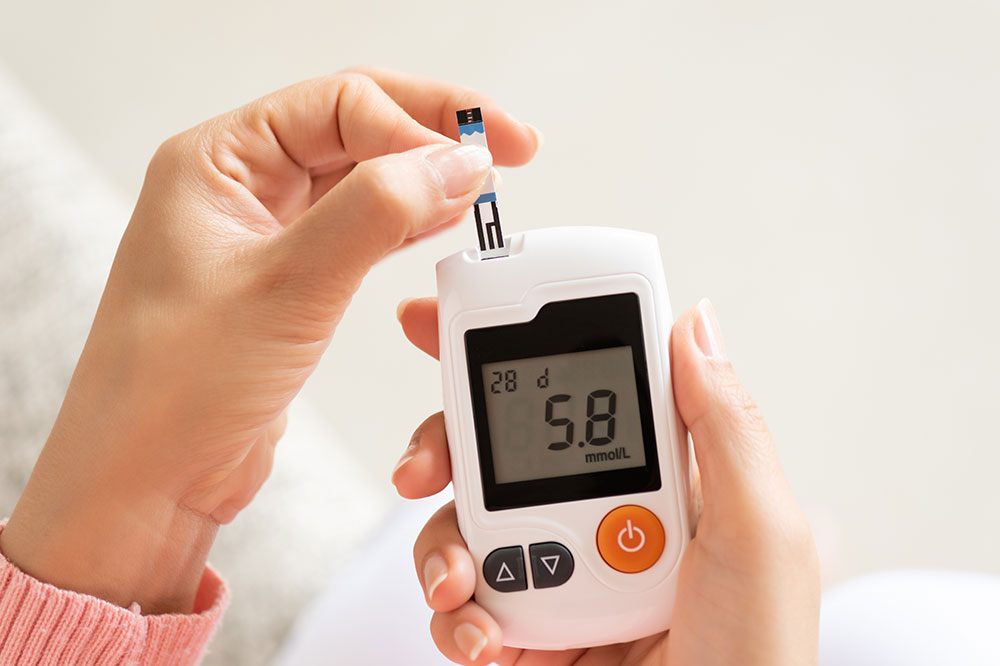Guidelines for Monitoring Your Blood Sugar Levels Effectively
Regular blood sugar monitoring is crucial for diabetes management. This article explains optimal testing frequency for different diabetes types, including guidelines for insulin and non-insulin treatments, pregnancy, and individual factors. Employing modern testing devices simplifies glucose management, helping patients maintain healthy levels effectively.

How Frequently Should You Test Your Blood Glucose?
Managing diabetes requires regular monitoring of blood sugar levels. Thanks to technological advances, measuring glucose has become more convenient with modern electronic devices. Consistent testing is vital for effective diabetes management and preventing complications. The frequency of tests depends on the type of diabetes and individual health conditions. Maintaining appropriate testing routines helps patients keep their blood sugar levels within target ranges and adjust lifestyles or medications accordingly.
When is it necessary to check blood sugar levels? The need for frequent testing varies. Patients with different types of diabetes have tailored testing schedules, influencing how often they should check their blood glucose.
Individuals with type 1 diabetes typically need to test their blood sugar five to seven times daily, including times before and after meals, exercise, and daily activities. This helps monitor how these actions impact blood glucose levels, with self-testing devices making this process manageable.
Those with insulin-dependent type 2 diabetes are usually advised to test at least twice daily, often before and after meals, depending on their treatment plan and doctor’s recommendations.
The testing schedule for type 2 diabetics varies based on disease severity and age. Some without insulin treatment might test less frequently. Pregnant women with gestational diabetes follow specific testing protocols, mainly checking blood sugar before and after meals, though individual variations exist.
Important Note:
This article provides general information about blood sugar monitoring, symptoms, and management. It is not a substitute for professional medical advice. Always consult licensed healthcare providers for diagnosis and treatment decisions.










